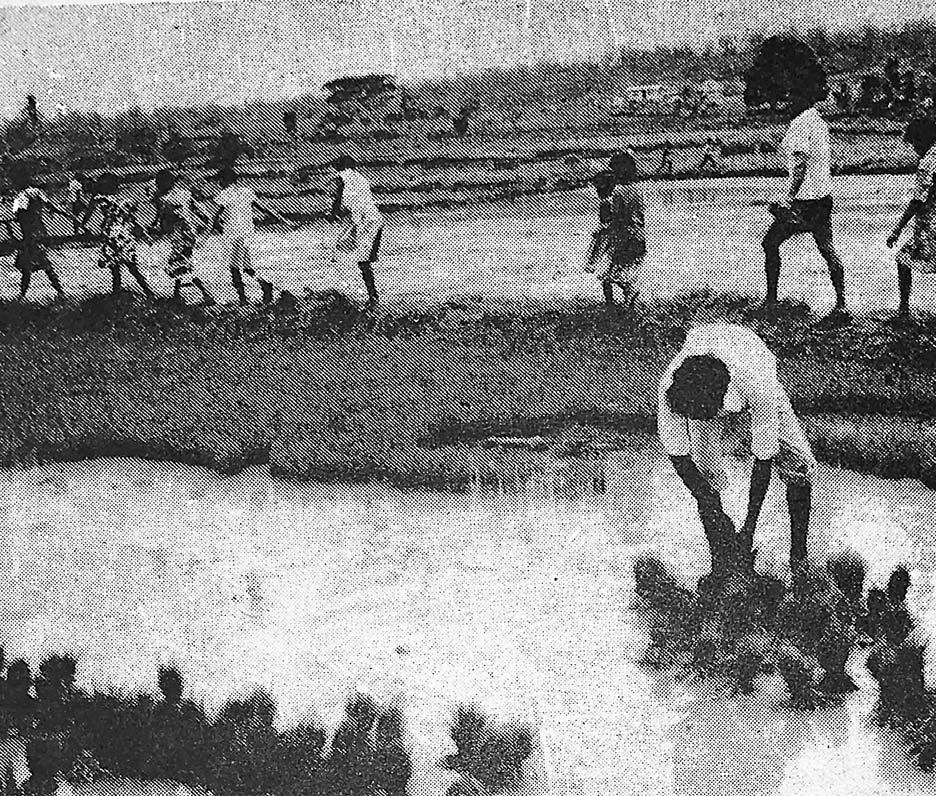A significant initiative to enhance rice cultivation knowledge kicked off at Koronivia with a basic rice training course attended by 25 agricultural officers took place on Tuesday, October 23, 1990.
The eight-day program, spearheaded by training expert Kunihiro Masumi, aimed to equip extension officers with advanced techniques and insights into rice cultivation technology.
Two days later The Fiji Times reported that Mr Masumi emphasised the practical and theoretical aspects of the training, saying it would impart valuable techniques for understanding various facets of rice cultivation.
“Our goal is to provide officers with the tools and approaches necessary to enhance rice cultivation, ultimately boosting production and farmers’ incomes,” he explained.
Apart from the classroom sessions, the participants were exposed to rice producing activities directly during a two-day field trip. They investigated upland rice farms in Sigatoka and Nadi and went to the Navua Irrigation Scheme to observe the procedures involved in producing rice.
The article further emphasised the value of intensive rice farming, particularly in Fiji’s small farming regions.
In order to maximise productivity per hectare, Mr Masumi emphasised the necessity for technical and human resource development, stressing that a productive rise industry depends on a combination of human skill and technology.
The goal of the training program was to close the gap between research and application. It was led by the Japan International Cooperation Agency (JICA) through its Rice Cultivation Technology Project located in Koronivia. The project was said to have played a pivotal role in propelling Fiji’s rice research, extension, and training endeavours since its establishment in 1985.
The initiative fostered mutual understanding and good relations between Fiji and Japan while making a substantial contribution to Fiji’s rice production goals through the coordinated efforts of Japanese experts and local partners.
According to the article, the course was likely to have a lasting impact on Fiji’s agricultural environment, opening the door for sustainable rice production methods and supporting regional efforts to ensure food security.



